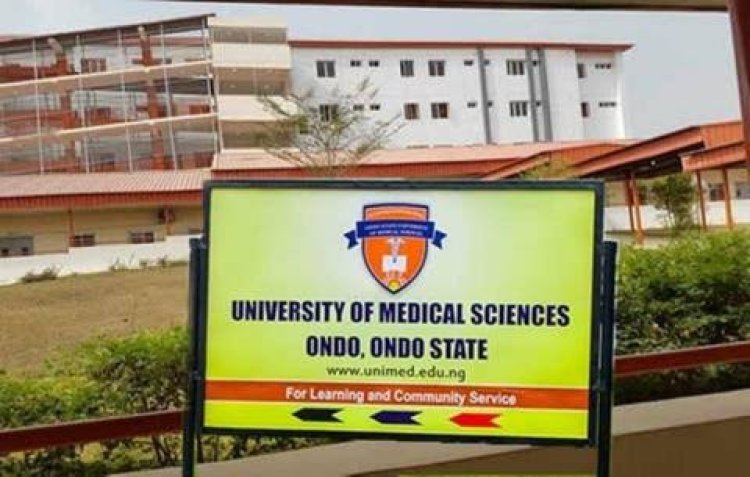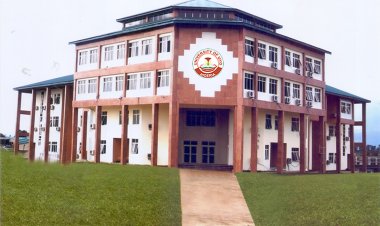UNIMED Highlights Nigeria’s Missed Opportunities in Global Medicinal Plant Market
The University of Medical Sciences (UNIMED) in Ondo has brought attention to Nigeria's significant missed opportunities in the rapidly growing global market for medicinal plants, currently valued at approximately $100 billion.

The University of Medical Sciences (UNIMED) in Ondo has brought attention to Nigeria's significant missed opportunities in the rapidly growing global market for medicinal plants, currently valued at approximately $100 billion. This concern was highlighted during the African Traditional Medicine Day, a notable event organized by the Centre for Herbal Medicine and Drug Discovery at UNIMED’s Laje campus.
In her keynote address, Zainab Shariff delivered a compelling presentation titled “Development and Promotion of Indigenous Medicinal Plants to Facilitate Universal Healthcare in Nigeria.” Shariff emphasized the urgent need for Nigeria to capitalize on its rich biodiversity by adding value to its vast array of medicinal plants, making them competitive in the global export market. She expressed disappointment that despite Nigeria’s abundant natural resources, the country remains absent from this lucrative sector.
“All hope is not lost if the nation could identify hectares of land for cultivation of medicinal plants, cultivate medicinal plants for value addition, produce NAFDAC-listed herbal medicines, phytomedicines, and nutraceuticals, market products to various outlets to support their further research and strengthen research,” Shariff stated. She projected that with the right strategies, Nigeria’s medicinal plant market could potentially reach a value of $5 trillion by 2050.
Professor Adesegun Fatusi, Vice-Chancellor of UNIMED, outlined the university's proactive measures to embrace and promote herbal medicine. He announced that UNIMED has already initiated a postgraduate diploma in herbal medicine and plans to launch a Bachelor of Science program in Complementary Alternative Medicine by October 2024.
Oghale Ovuakporie-Uvo, Acting Director of the Centre for Herbal Medicine and Drug Discovery, echoed the university's commitment to utilizing herbal medicine as a foundation for universal healthcare. “An understanding of the empirical basis and rational application of Indigenous traditional medicine, particularly folk and traditional medicinal practices based on the use of plants and plant extracts (herbalism), are crucial for holistic health in the African context,” Ovuakporie-Uvo stated.
Themed “Development and Promotion of Indigenous Herbal Medicine to Facilitate Universal Healthcare in Nigeria,” the event attracted key figures, including Dr. Tunji Alausa, Minister of State for Health and Social Welfare; Azeez Aderemi, Acting Chief Executive Officer/Interim Administrator of the Federal College of Complementary and Alternative Medicine; and Professor Kofi Busia, alongside other policymakers and industry experts.
The discussions underscored the urgent need for Nigeria to leverage its natural resources, particularly in the area of medicinal plants, to boost its economy and enhance healthcare outcomes.

 Lois Udoye
Lois Udoye 



